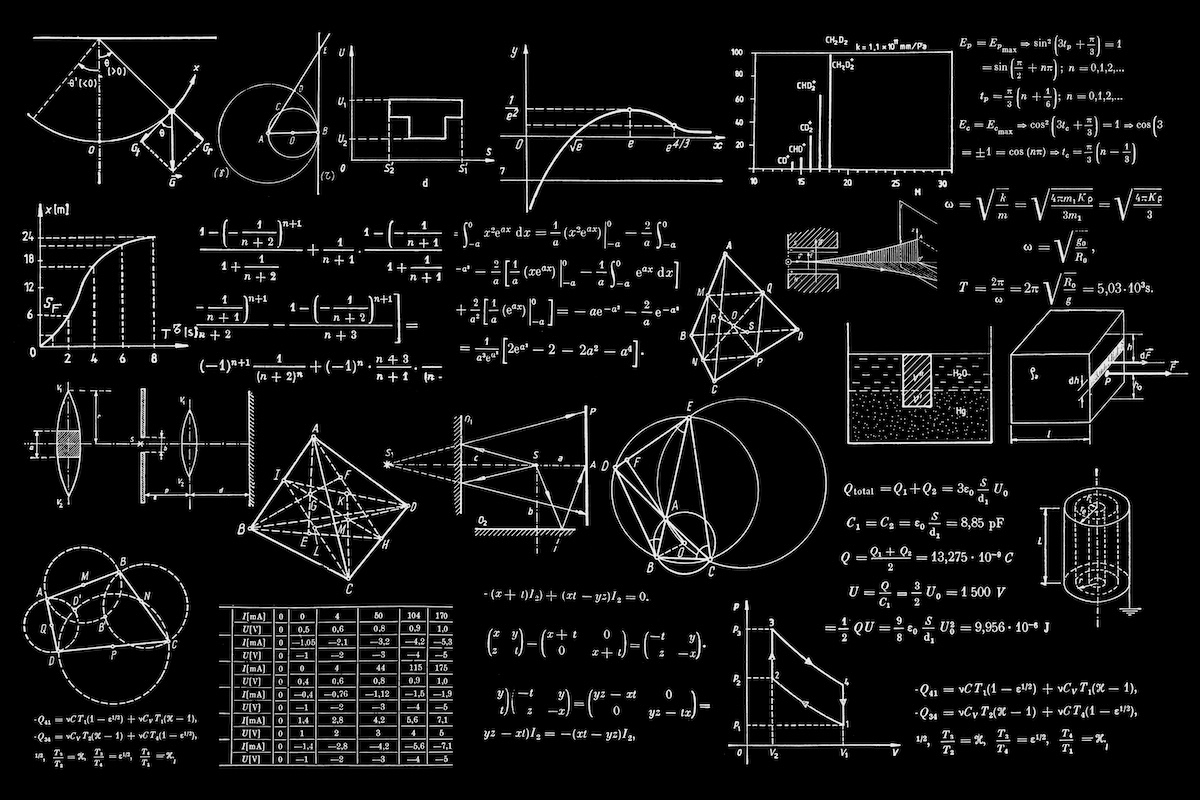Mastering English Literature: From Text Analysis to Essay Excellence
Unlock the secrets of literary analysis and essay writing with proven techniques used by top English Literature students.

Mastering English Literature: From Text Analysis to Essay Excellence
English Literature at IGCSE and A-Level requires more than just reading comprehension. It demands critical analysis, sophisticated writing skills, and the ability to construct compelling arguments about complex texts. This comprehensive guide will help you develop the skills needed to excel in English Literature studies.
Understanding Literary Analysis
What is Literary Analysis?
Literary analysis involves examining the elements of a text to understand how they work together to create meaning. It's not about finding the "right" answer, but about developing well-supported interpretations.
Key Elements to Analyze
1. Theme: Central ideas or messages
2. Character: Development, motivation, relationships
3. Setting: Time, place, atmosphere
4. Plot: Structure, conflict, resolution
5. Style: Language choices, tone, voice
6. Literary Devices: Metaphor, symbolism, irony, etc.
Close Reading Techniques
Step-by-Step Close Reading Process
1. First Reading - Overall Impression
2. Second Reading - Active Analysis
3. Third Reading - Deep Analysis
Annotation Strategies
Understanding Context
Historical Context
Understanding when and why a text was written provides crucial insight:
Biographical Context
While not deterministic, author's life can illuminate themes:
Literary Context
How does the work fit within literary traditions?
Developing Strong Arguments
The PEEL Method
Structure your analysis using:
Example PEEL Paragraph
Point: Shakespeare presents Lady Macbeth as initially more ruthless than her husband.
Evidence: When Macbeth hesitates about murdering Duncan, she challenges his masculinity: "Was the hope drunk / Wherein you dressed yourself?"
Explain: This rhetorical question suggests she views his moral qualms as weakness, using his pride to manipulate him into action.
Link: This establishes the theme of ambition corrupting natural relationships and gender roles.
Essay Writing Excellence
Planning Your Essay
1. Understand the Question
2. Brainstorm Ideas
3. Create an Outline
Writing Compelling Introductions
A strong introduction should:
Example Introduction Structure:
1. Hook or compelling opening
2. Brief context about the text
3. Clear thesis statement
4. Preview of main arguments
Crafting Body Paragraphs
Each paragraph should:
Writing Effective Conclusions
Your conclusion should:
Advanced Analysis Techniques
Comparative Analysis
When comparing texts:
Thematic Analysis
To analyze themes effectively:
Character Analysis
For deep character study:
Common Literary Devices and Their Effects
Metaphor and Simile
Symbolism
Irony
Imagery
Exam Preparation Strategies
For Closed-Book Exams
For Open-Book Exams
Time Management Tips
Common Mistakes to Avoid
1. Plot Summary Instead of Analysis
2. Ignoring Context
3. Over-relying on Secondary Sources
4. Weak Textual Evidence
5. Poor Essay Structure
Developing Your Literary Voice
Reading Widely
Writing Regularly
Engaging with Literature
Conclusion
Mastering English Literature requires developing multiple skills: close reading, critical analysis, historical awareness, and effective writing. Success comes from:
1. Active engagement with texts
2. Regular practice of analysis and writing
3. Understanding context and literary traditions
4. Developing your own voice as a literary critic
Remember that literature is about human experiences and emotions. The best literary analysis connects technical analysis with genuine insight into what makes us human.
With consistent practice and application of these techniques, you'll develop the skills needed not just for academic success, but for lifelong appreciation of literature's power to illuminate the human condition.
---
Need personalized guidance with your English Literature studies? Contact London Education Centre KSA for expert tutoring in literary analysis and essay writing.
